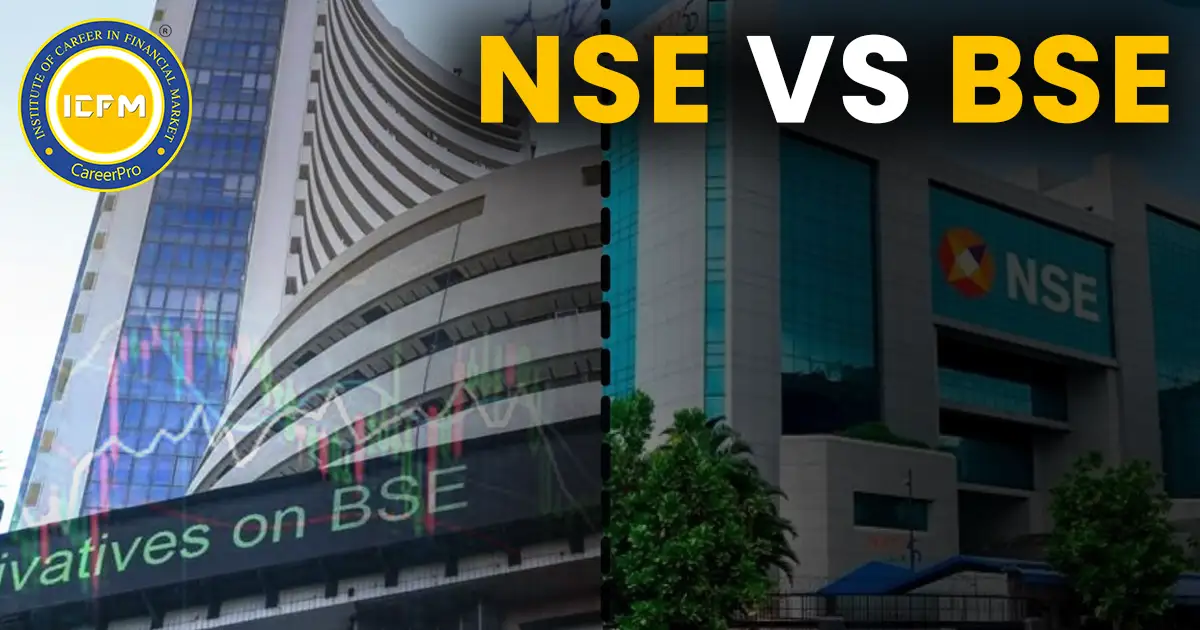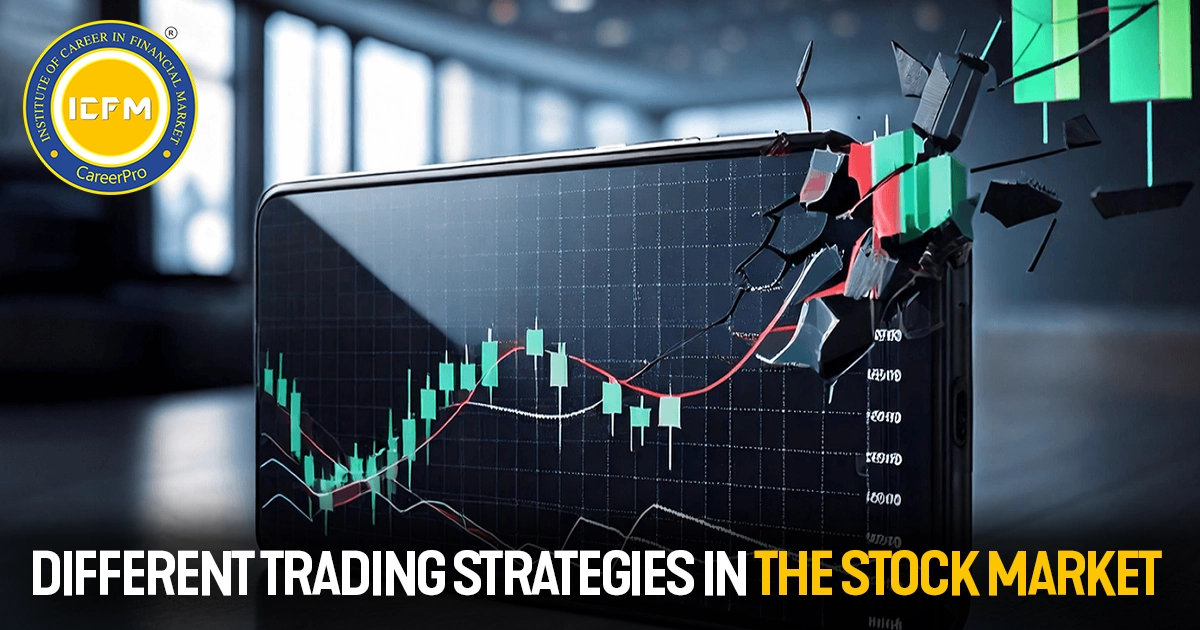India’s two leading stock exchanges are the National Stock Exchange (NSE) and the Bombay Stock Exchange (BSE), both of which have prominent roles in the Indian markets where securities are bought and sold. This article concentrates on the NSE vs BSE, their unique features and the differences between them as far as financial market participation is concerned.
Historical Overview of NSE vs BSE
Founded in 1875, the BSE is Asia's oldest stock exchange. It began with a few men trading under a banyan tree in Mumbai in the late 19th century. Over time, it has become one of the top stock exchanges globally regarding capitalization. It is renowned for its SENSEX index which serves as a yardstick for Indian stock market performance.
However, the NSE was formed in 1992, following the need for a modern and fully electronic trading system. It was India’s first exchange to provide a completely automated electronic trading system that relied on screens, something that at that time had never been seen before. Today it represents an index of 50 leading Indian companies across key sectors of the Indian economy on one hand and the other hand is considered NSE’s flagship benchmark index.
Main Differences Between NSE vs BSE
1. Volume of Trading and Liquidity
In comparing NSE vs BSE, one will find that they significantly differ in trading volume and liquidity. Generally, when contrasted with BSE, NSE maintains a higher position in terms of volumes traded as well as liquidity levels. Therefore if you are an investor looking for speedier execution of trades then you might prefer NSE because it has more orders and greater liquidity.
2. Technology and Trading Systems
It is worthwhile mentioning that NSE was a pioneer in deploying advanced technology within India’s financial markets. Introducing electronic trading, dramatically changed the Indian stock market landscape making transactions quicker and more efficient. The BSE has since upgraded its technology to compete but the NSE continues to be ahead, especially with its sophisticated risk management systems and advanced trading platforms.
3. Differences in listings and indexing
Both exchanges list many companies but the NSE has different flagship indexes compared to BSE. The main indices used to measure the market performance are the Nifty 50 on the NSE and the SENSEX on the BSE. These indices usually contain major companies that are highly influential in the Indian economy. However, the choice between listing on NSE vs BSE is often determined by a company’s strategy and investor base with some large corporations being listed in both markets.
How does NSE vs BSE affect the Indian Economy?
The debate between NSE vs BSE is not just an academic one since it has implications for the real world in terms of the Indian economy. By providing a platform for companies to raise capital, these exchanges support economic growth and job creation. Furthermore, they act as locations where securities’ prices are determined through a price discovery mechanism based on demand and supply.
Firstly, Financial Inclusion and Retail Participation
The NSE vs BSE has played a significant role in extending financial inclusion in India by increasing their penetration among small retail investors, educational programs, and simplification of trading processes. The advent of digital platforms and mobile trading has further democratized stock market participation by making it possible for many more people to invest.
NSE vs BSE: What Does the Future Hold?
Looking forward, however, several themes may influence how the relationship between NSE and BSE will develop in future. A major theme is the increasing use of fintech and blockchain technology as well. These two innovations hold the potential to further rationalise transaction operations, provenance assurance, security enhancement, and cost minimization among others. Moreover, sustainable investing has become increasingly important with both exchanges introducing indices that follow environment-friendly companies.
Indian markets are also becoming more globalized. As India continues to integrate itself into the global economy, foreign investments are expected to increase in NSE as well as BSE. This trend will be aided by ongoing reforms aimed at opening up the Indian financial market to international players while at the same time improving its transparency.
Choosing Between NSE vs BSE
NSE vs BSE choice is dependent on factors such as trading volume, liquidity, technology and the nature of listed companies. Both exchanges have substantial platforms for trading and investment for investors. The NSE has a technological edge and higher liquidity compared to the BSE which has historic significance and comprehensive listing of companies.
As a result, whether one likes NSE vs BSE, these two exchanges are vital in the Indian financial market hence offering various investment chances for the society at large towards economic progress in that country.









